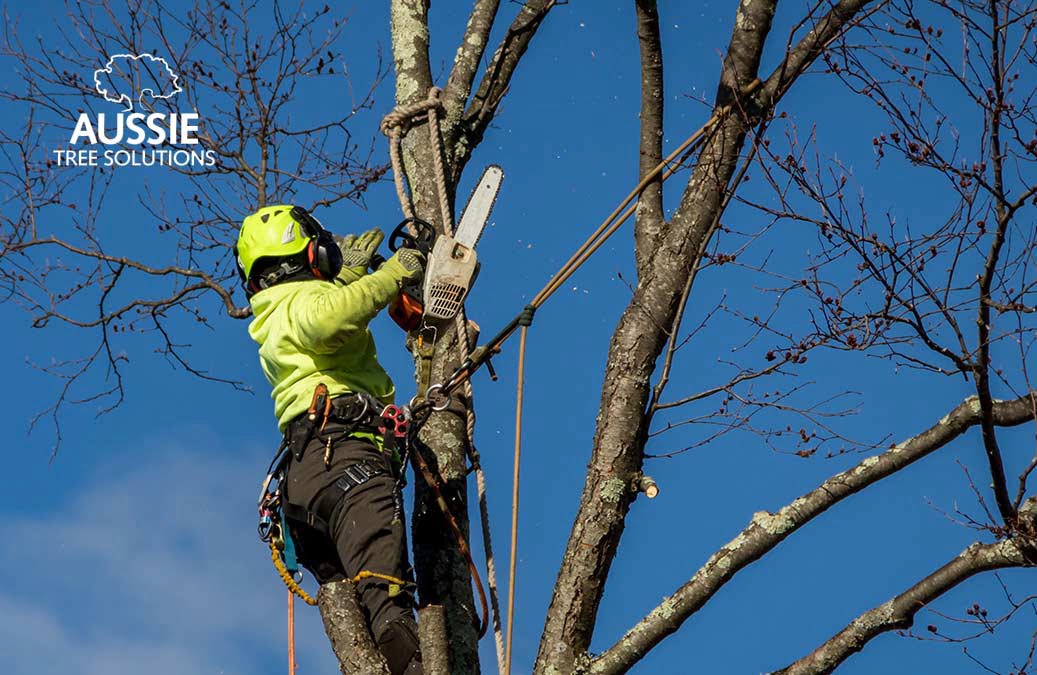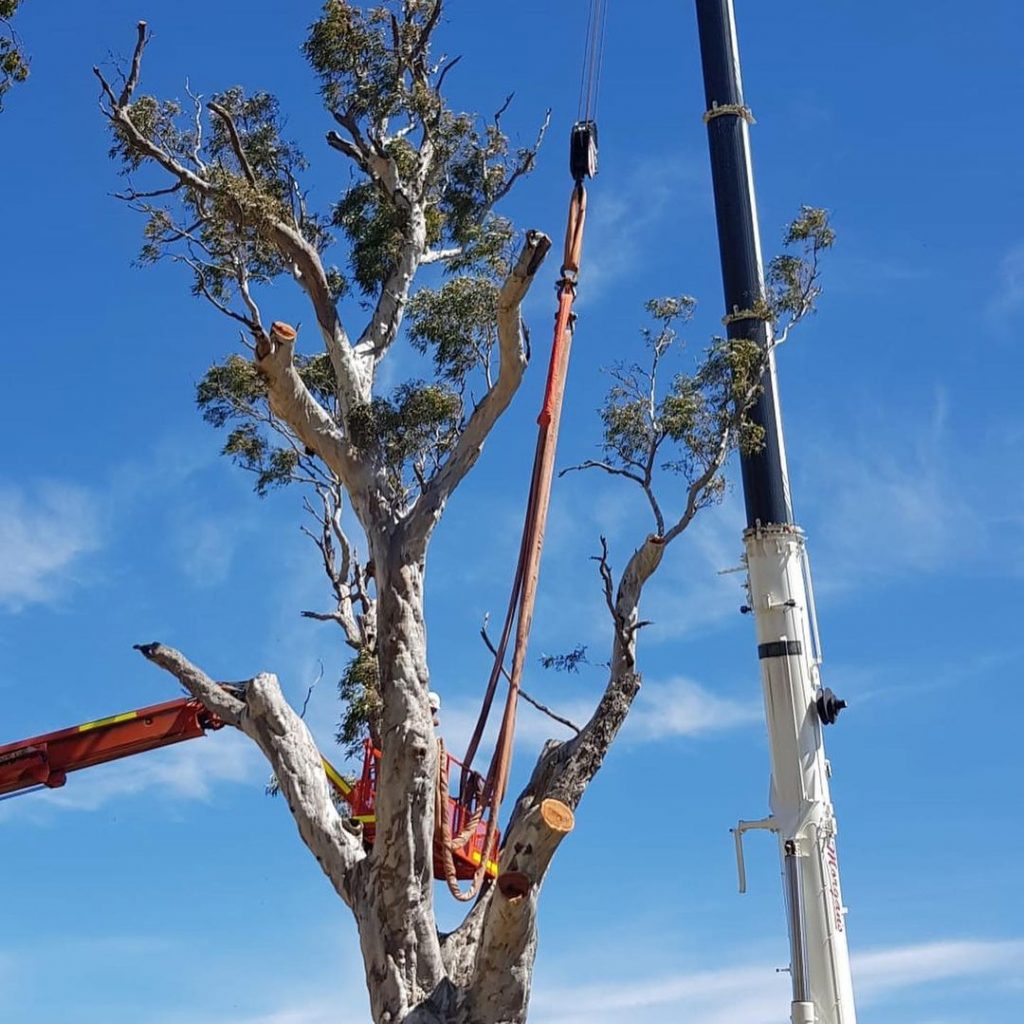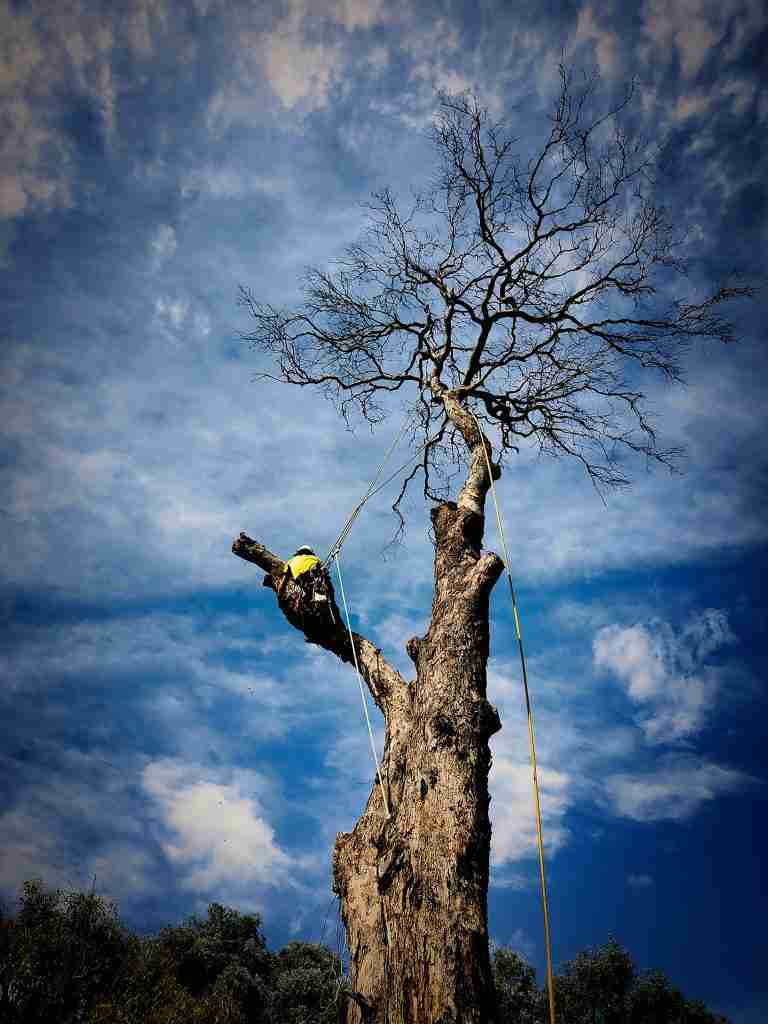All Categories
Featured
The removal of trees can create open areas that are susceptible to weed invasion. When trees exist, their dense canopies frequently color the ground, restricting the amount of sunlight that reaches the soil. After the removal of trees, these open areas get enhanced sunshine, giving suitable problems for weed growth.

They might suggest the use of mulch, which acts as a safety obstacle on the dirt surface, preventing weed seeds from germinating and subduing weed development.

The existence of trees promotes an abundant and diverse community of dirt germs. Tree origins give a source of natural issue, exudates, and nutrients that support the development and activity of valuable dirt microbes. However, when trees are eliminated, the absence of their origins can disrupt the fragile equilibrium of the dirt's microbial ecosystem.
What Is The Best Stump Removal Wollongong Service In My Area?
This modification in pH can impact vitamins and mineral accessibility, microbial task, and overall soil health and wellness. To address the results of tree cutting on dirt pH, tree elimination professionals can provide useful suggestions. They may suggest soil testing to analyze the present pH levels and establish the required adjustments. Based on the outcomes, professionals can suggest pH modification techniques, such as including lime to raise soil pH or incorporating elemental sulfur to lower it.

It describes the compression of dirt bits, leading to lowered pore room and increased dirt density. This compaction can adversely affect the dirt's capacity to function optimally, impacting its water-holding ability, nutrient availability, and root penetration. Correct methods employed by tree removal professionals can aid reduce compaction and protect the dirt's capacity to keep water, and enable sufficient air movement and mindful equipment handling.
Latest Posts
Should I Hire A Professional Pressure Washing Contractor?
Who Is The Best Arborist Wollongong Company?
Which Is The Best Tree Cutting Wollongong Company?